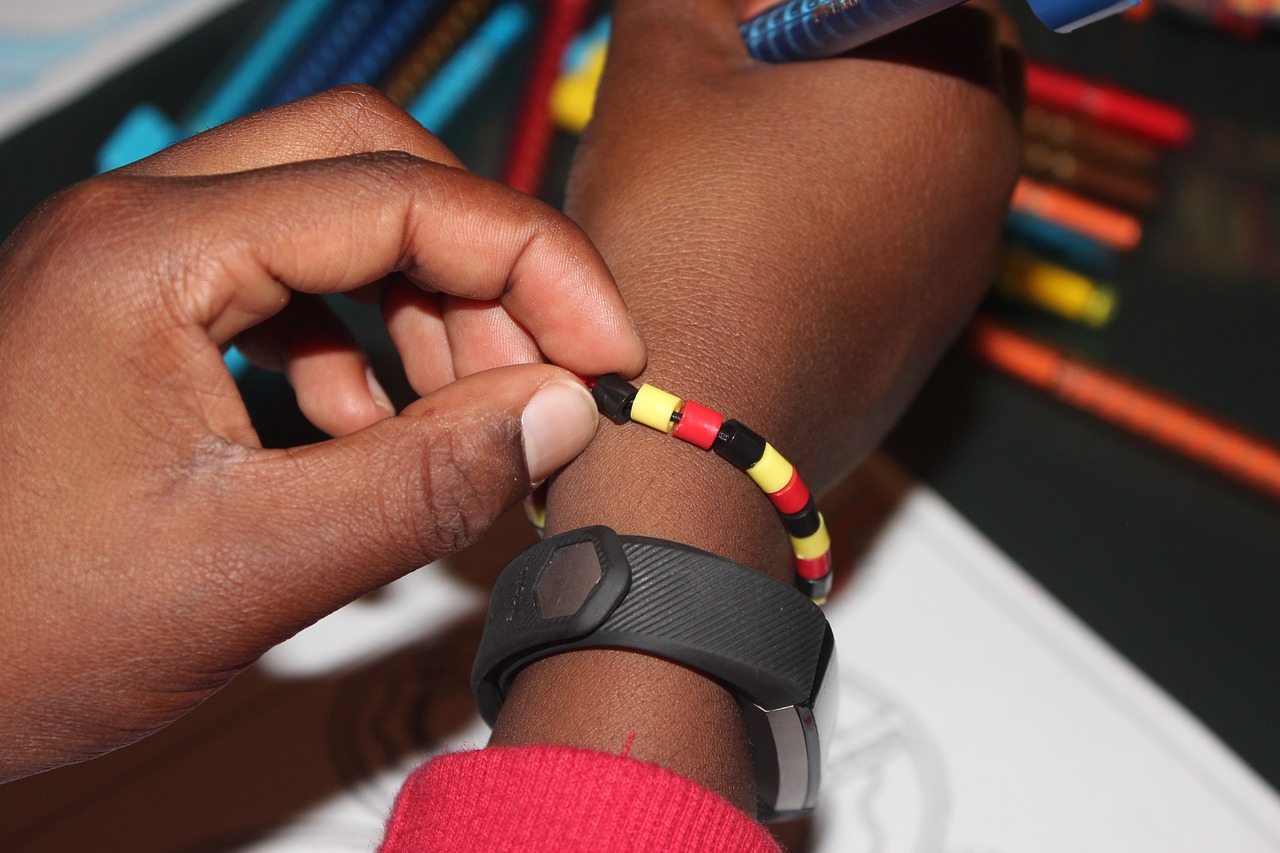News release
From:
INDIGENOUS HEALTH RESEARCH: GOVERNANCE BY INDIGENOUS ORGANISATIONS VITAL
EMBARGOED UNTIL 12:01am Monday 7 November 2022
INDIGENOUS health research in Australia is “largely informed by non-Indigenous world views, led by non-Indigenous people and undertaken in non-Indigenous organisations”, a situation that needs to change, according to research published today by the Medical Journal of Australia.
A cross-sectional survey of people engaged in Indigenous health research in Australia was sent to respondents to an open invitation via social media and Indigenous health networks, and to authors of primary Indigenous health research publications. The aim of the survey was to assess the use of National Health and Medical Research Council Indigenous research guidelines by Australian researchers and the degree of Aboriginal and Torres Strait Islander governance and participation in Indigenous health research.
“Of 329 people who commenced the survey, 247 people (75%) provided responses to all questions, including 61 Indigenous researchers (25%) and 195 women (79%),” reported the authors, led by Associate Professor Luke Burchill from Royal Melbourne Hospital and the University of Melbourne.
“The NHMRC guidelines were used ‘all the time’ by 206 respondents (83%). Most respondents (205 of 247, 83%) reported that their research teams included Indigenous people, 139 reported dedicated Indigenous advisory boards (56%), 91 reported designated seats for Indigenous representatives on ethics committees (37%) and 43 reported Indigenous health research ethics committees (17%); each proportion was larger for respondents working in Indigenous community-controlled organisations than for those working elsewhere.
“More than half the respondents reported meaningful Indigenous participation during five of six research phases; the exception was data analysis (reported as apparent ‘none’ or ‘some of the time’ by 143 participants, 58%).”
Burchill and colleagues said that the fundamental question raised by the survey was “how can Indigenous health research benefit Indigenous people without meaningful oversight and participation by Indigenous people?”
“Our survey findings suggest that barriers to translating the NHMRC guidelines into research practice remain,” they wrote.
“These include inadequate levels of education about applying the guidelines, the history of Indigenous health research in Australia, and Indigenous governance and data sovereignty. Most importantly, we found that Indigenous governance and participation was inadequate at each stage of research.
“The focus of investment for organisations undertaking Indigenous health research in Australia appears to be at the individual level (employing people to undertake research) rather than at the organisational level (investing in structures and processes for engaging and empowering Indigenous people to have oversight of Indigenous health research).
Burchill and colleagues concluded that “organisations based in and controlled by Aboriginal and Torres Strait Islander communities are more likely to have research practices that are aligned with the NHMRC guidelines and also reflect community expectations regarding Indigenous governance and participation in research”.
“Re-orientation and investment are needed to give control of the framing, design, and conduct of Indigenous health research to Indigenous people.”
All MJA media releases are open access and can be found at: https://www.mja.com.au/journal/media
Please remember to credit The MJA.
The Medical Journal of Australia is a publication of the Australian Medical Association.



 Australia; NSW; VIC; WA
Australia; NSW; VIC; WA



